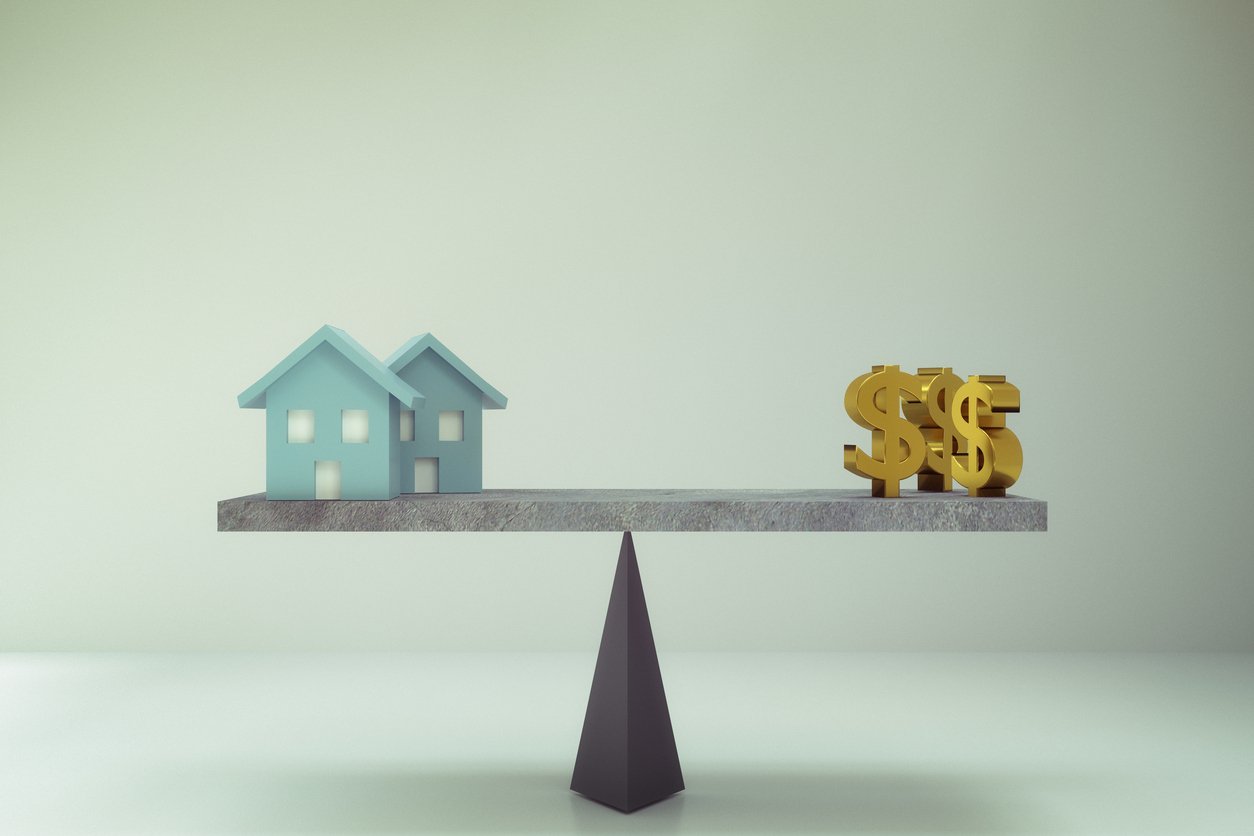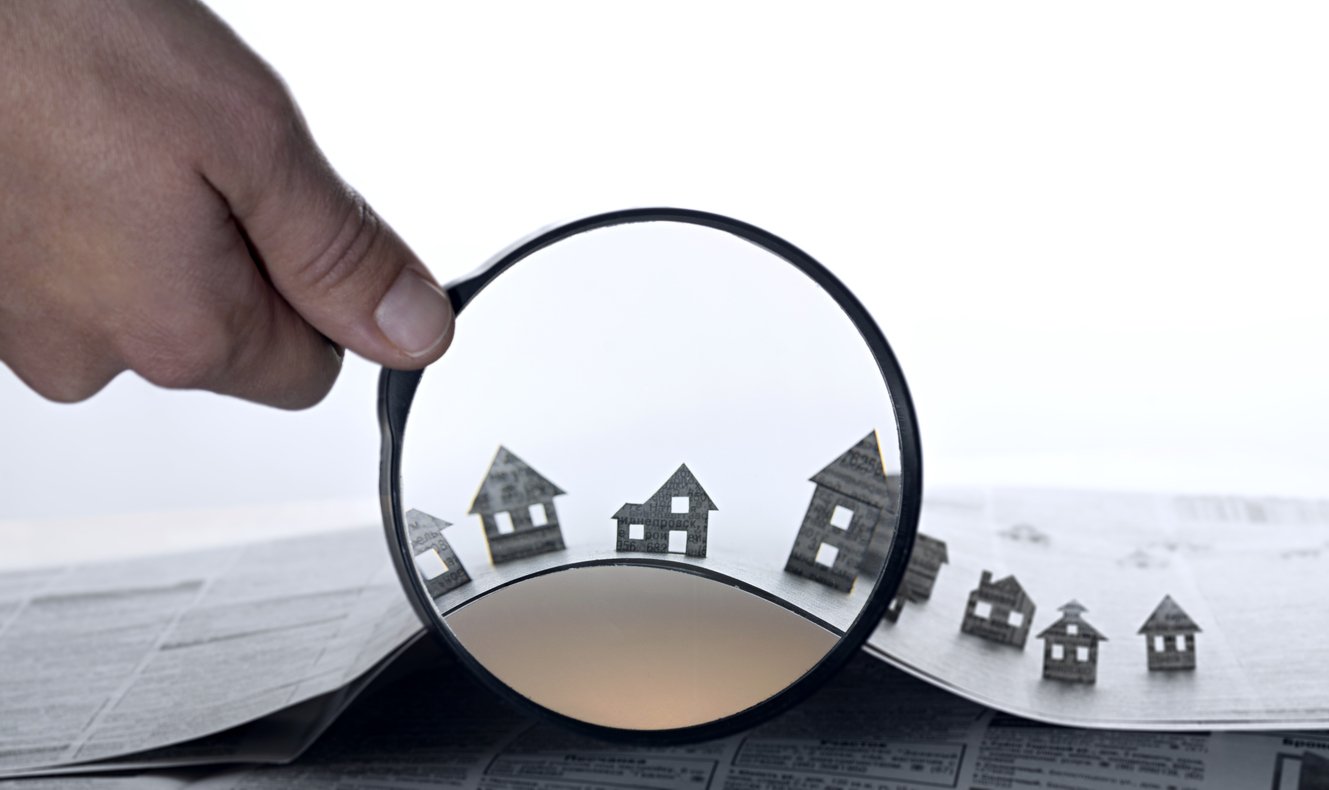Buying a second property in Singapore is a tough decision these days, given the added stamp duties. Still, many investment opportunities abound, and a second house is a huge benefit to the next generation. Before you take the big step of buying a second property however, make sure you’re ready.
(You might also want to sign up for our webinars at the Singapore Property Show 2021 on 29 and 30 May here for more information on owning multiple properties.)
1. Make sure you have enough extra cash for the ABSD
For Singapore citizens, the Additional Buyer’s Stamp Duty (ABSD) applies when purchasing any property beyond your first. As of 6 July 2018, it’s 12% of the purchase price or property value (whichever is higher).
If you’re a Singapore Permanent Resident, you would already have paid 5% ABSD on your first property. This is tripled to 15% for your second property.
For foreigners, the usual ABSD rate of 20% applies on all properties you purchase. However, note that some foreigners — such as American citizens — do not pay this ABSD rate due to free trade agreements. Check with your embassy or the Inland Revenue Authority of Singapore (IRAS) for more details.
The ABSD, along with other stamp duties, are to be paid within 14 days of signing the purchase and sale agreement. If the agreement is signed overseas, the stamp duties are payable within 30 days of receiving the relevant documents in Singapore.
| Profile of buyer | ABSD rates (as of 6 July 2018) |
| Singapore citizens buying first residential property | NA |
| Singapore citizens buying second residential property | 12% |
| Singapore citizens buying third and subsequent residential property | 15% |
| Singapore PR buying first residential property | 5% |
| Singapore PR buying second and subsequent property | 15% |
| Foreigners buying any residential property | 20% |
Source: IRAS
You can use your CPF Ordinary Account (CPF OA) to pay for the stamp duties. However, the CPF monies may not be disbursed in time to meet the 14-day requirement. This would require you to pay in cash first, and then be reimbursed from your CPF later.
2. Can you manage the downpayment if you have an outstanding home loan?
The usual loan-to-value (LTV) ratio for bank loans is capped at 75% of the property price or value (whichever is lower). This means that if you’re buying your first home with a bank loan, your downpayment is 25%.
If you haven’t finished paying off your first mortgage however, the LTV will be lower when taking a second.
Assuming the loan tenure does not exceed 25 years (30 years if it’s a private property), and you will not be past the age of 65 when the loan tenure ends, your second mortgage will have an LTV of just 45%. The downpayment of 25% must be paid in hard cash.
| Outstanding housing loans | LTV limit | Minimum cash downpayment |
| None | 75% or 55% | 5% for LTV of 75% |
| 10% for LTV of 55% | ||
| 1 | 45% or 25% | 25% |
| 2 or more | 35% or 15% | 25% |
Lower LTV limit is for loan tenures exceeding 30 years (or 25 years for HDB flats) or extends beyond the borrower’s age of 65 years. Source: MAS
This is a substantial cash outlay, so it may not be a good idea to buy a second house until the first is paid off. Speak to your wealth manager to determine if it’s worth going ahead.

3. Remember the Minimum Occupancy Period (MOP)
If you are residing in an HDB property, you cannot buy a second property in Singapore until you meet the MOP of five years. This applies to both new and resale flats. If you own an Executive Condominium (EC), bear in mind that ECs are only privatised after their 10th year. Before that, ECs are still HDB properties, and hence subject to rules like the MOP.
Note that if you already own an HDB flat, you cannot purchase a second one.
4. Decide if the new property is an investment or a second home
Are you buying the second property as an investment, or as a home (e.g. a house for your children)? This will affect the amount of property tax you pay.
Owner-occupied residential properties have a tax that ranges between zero to 16 per cent of the property’s Annual Value (AV)*. Properties that are rented out have a tax of between 10 to 20 per cent of the AV. You can use this calculator to work out the different tax rates.
*The AV is determined by IRAS, and is based on how much rental income the property could generate per year.
5. If the second property is an investment, ensure there is a clear plan for the asset
Buying a second property in Singapore to “make more money” is not a plan. You should work out the potential rental yield and capital appreciation, and determine the probable Return On Investment (ROI).
This should then be compared to other investment options, such as bonds or equities to decide whether an additional property asset belongs in your portfolio. If you’re not sure how to do this, consult your wealth manager before acting.
You should have a strategy in place for the second property, considering factors such as:
– How long you will hold on to it (do you aim to sell for a profit after five years, or to hold on to it and collect rent for 30 years?)
– When and how you will cut any losses (if the property becomes a liability due to low rental income, how long will you hold on before selling it off?)
– What sort of capital gains you expect (what’s a “good price” at which you aim to sell the property?)
Again, it can pay to speak with a financial expert for some help. Property decisions are capital-intensive, and any decisions you make can have significant financial consequences. As such, you should always go in with a clear plan and never leave decisions to just “gut feel”.
6. If the second property is an investment, is now the right time to buy it?
If the second property is meant to be a home, don’t worry too much about this. When your aging parents need to move out of their flat and stay close to you for medical reasons, then do it before the property is bought up.
If the property is an investment however, you should ask the question “why now?” Buying a second property in Singapore while the market is at its peak — as some unfortunate people did in 2014 — means you might see little or no capital appreciation.
If you’re counting on rental income to make your investment worthwhile, then you need to look at average rental rates in the area over time. Don’t look at a single year, check out the average rental income over a period such as five to 10 years. If the overall rental rates are falling, the investment may not perform as well as you expect.

7. Is it the right type of property for your intentions?
If the second property is meant to collect rental income, then is it right for the prospective tenants you’re targeting?
For example, if you buy a shoebox unit on Orchard Road to rent out, your only tenants are likely to be single, affluent expatriates. A shoebox is too small for families, and a unit on Orchard Road is too expensive for the average foreign worker.
The type of property will determine the type of tenant you attract, so make sure there’s a match.
If the second property is a home, do consider whether it fulfils domestic needs. For example, if you are buying a home for your elderly parents, a condo with a long walking distance between the main entry and their block may be a bad idea. It may also be uncomfortable for them if you purchase an exclusive condo, which is far from public transport (high-end condos often assume the residents will drive).
8. Check the Urban Redevelopment Authority (URA) master plan
Always check the URA master plan for the area. Just because it seems quiet and peaceful now, doesn’t mean it will be in five to 10 years’ time. Your tranquil second home might suddenly be in the middle of Singapore’s next business hub, or next to a suburban mall (which tends to congest the surrounding roads).
Needless to say, the URA master plan can also affect the rentability and capital appreciation of the property. A property that’s cheap now might see a big spike in value, when a lifestyle hub springs up around it.
9. If you are going to have two mortgages, make sure you ramp up your savings fund
Always have an emergency fund to cope with situations such as retrenchment or injuries that prevent you from working. You should have sufficient funds to cope with at least six months of mortgage repayments for both houses before you go ahead and buy a second property in Singapore.
Otherwise, an emergency could force you to sell one of the properties in an unfavourable market.
(You might also want to sign up for our webinars at the Singapore Property Show 2021 on 29 and 30 May here for more information on owning multiple properties.)
If you found this article interesting, 99.co recommends Should I put my money in a property or stock investment? and When should you appoint an exclusive property agent?
Find the home of your dreams today at 99.co!
The post 9 things to consider when buying your second property in Singapore appeared first on 99.co.

